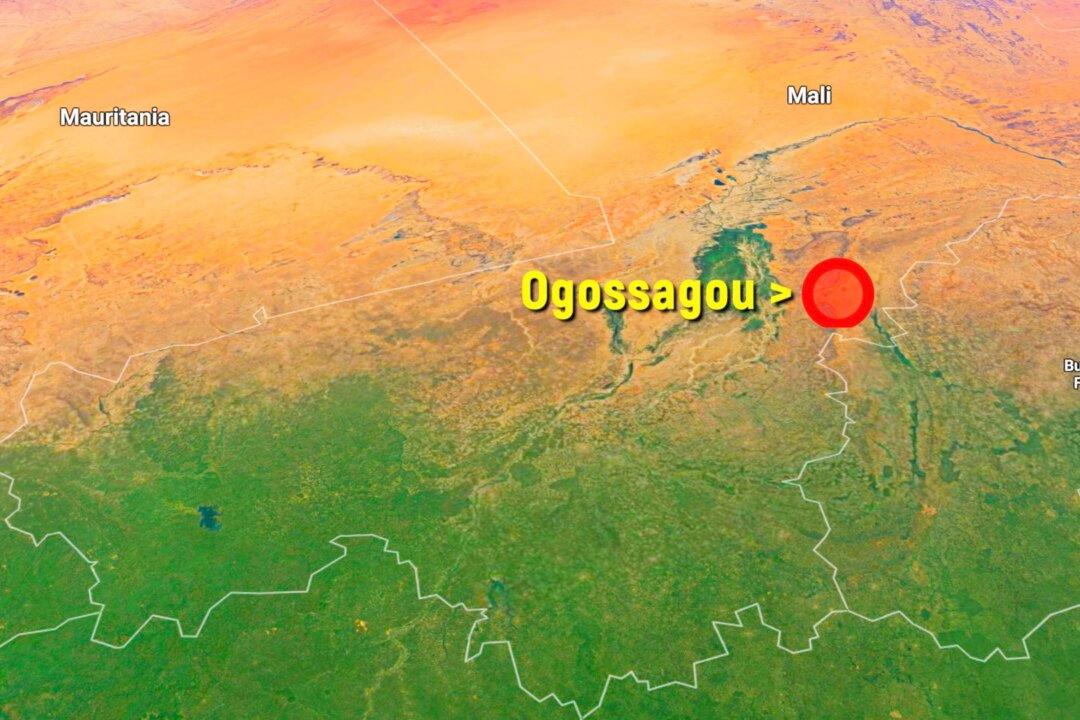BAMAKO—Gunmen killed at least 134 Fulani herders in central Mali on Saturday, March 23, a local mayor said, the deadliest such attack in recent times in a region reeling from worsening ethnic and terrorist violence.
The assaults on the villages of Ogossagou and Welingara took place as a U.N. Security Council mission visited Mali seeking solutions to the violence that killed hundreds of civilians last year and is spreading across West Africa’s Sahel region.





